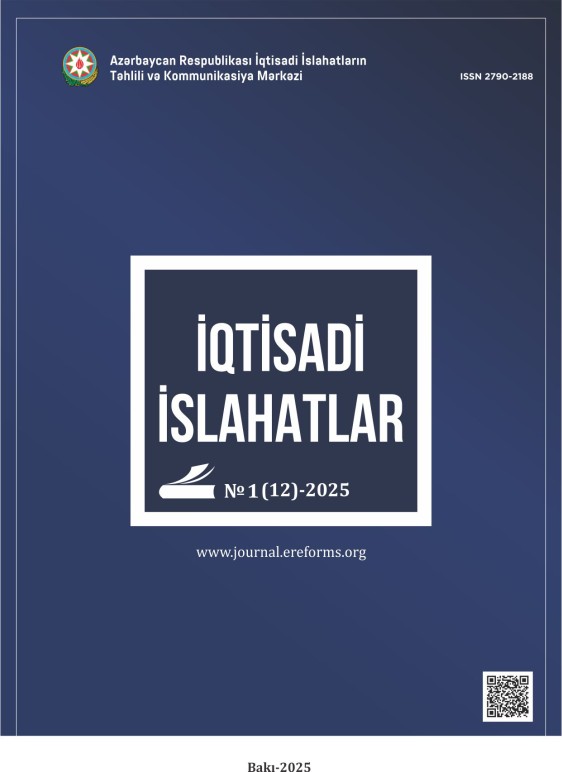Azerbaijan's path to sustainable development: Ecological restoration, green energy and carbon emission reduction
Summary
This article focuses on Azerbaijan’s global commitments in environmental protection and sustainable development, with particular emphasis on the measures implemented within the framework of COP28 and COP29. Among the key environmental actions undertaken by Azerbaijan are the removal of hazardous substances in the liberated territories, reforestation efforts, rehabilitation of polluted water sources, and other measures aimed at restoring ecological balance. These initiatives also aim to ensure the safe return of internally displaced persons (IDPs) to their native lands.
The article also discusses the reforms carried out in Azerbaijan’s energy sector, including projects aimed at the development of renewable energy sources and initiatives to expand the export of “green energy.” Efforts to reduce carbon emissions are highlighted through the modernization of the transportation fleet with electric vehicles, the recycling of decommissioned automobiles, and improvements in road infrastructure.
Within the framework of economic diversification, the development of tourism and environmentally friendly agriculture, the use of modern technologies for demining, and actions to preserve biodiversity demonstrate Azerbaijan’s commitment to reducing ecological risks. Projects in waste management and utilization at the Balakhani Waste Recycling Plant further underscore this dedication.
In conclusion, Azerbaijan has shown significant initiative in environmental protection, carbon emissions reduction, and contributing to global climate goals. These actions reaffirm the country’s role as a regional leader in sustainable development.
